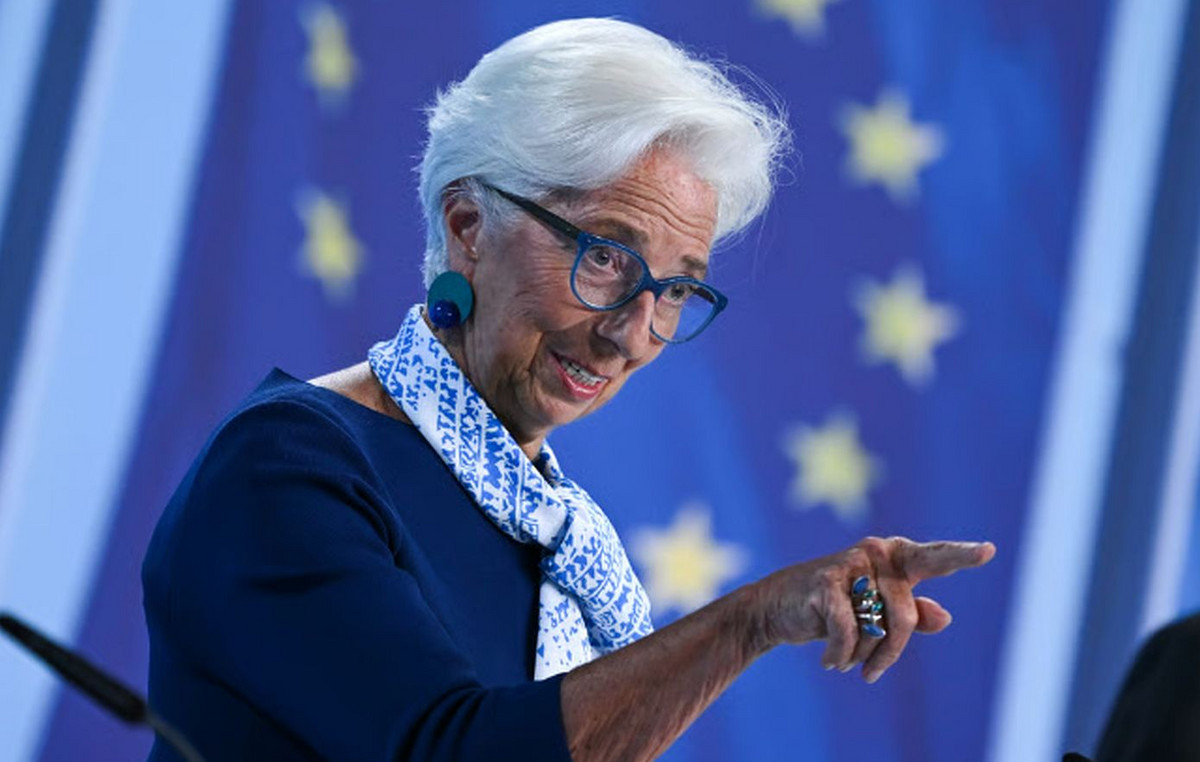The Decree of Necessity and Urgency (DNU) issued in the first weeks of government by the president of Argentina, Javier Milei, is about to become ineffective.
After being rejected by the Senate, it is now up to the Chamber of Deputies to define the future of the so-called “megadecree”.
Still valid
Decree No. 70/2023, with 366 articles that modify and revoke countless laws, mostly economic, came into force at the end of December last year in Argentina and remains valid, with some exceptions.
The exceptions include the labor sections, the changes to the Instituto Nacional de la Yerba Mate and the articles that allowed the existence of sports corporations. These were stopped by the courts through precautionary measures.
According to Argentine law on the legal regime of decrees of necessity and urgency, one of the Chambers of Congress must approve the mega-decree for it to remain in force.
With the Senate's rejection (42 votes against, 25 in favor and 4 abstentions), the possibility of revoking the “decree” remains in the hands of the Chamber of Deputies, presided over by the ruling party Martín Menem.
As in the Senate, the opposition must bring together an absolute majority of those present: half plus one of the Chamber's deputies. Furthermore, no modifications can be made to the original text.
The project as a whole is approved or rejected, as established by law.
If it is revoked, the rights acquired during its validity will not be lost, and contracts in force concluded during that period will not be invalidated.

The deadlines
The deadline — now expired — of 10 days for the Bicameral Commission on Legislative Process to issue an opinion allowed the Chambers of Congress to move forward in the debate.
In recent days, Representative Menem has rejected pressure from the opposition, which seeks to speed up the process, but the vote held last Thursday in the Senate could speed up its treatment.
According to lawyer Gil Domínguez, professor of Constitutional Law at the University of Buenos Aires, deputies could incur the crime of abuse of power and failure to fulfill their duties as public servants if they do not debate the mega-decree.
“It must be treated immediately, there is no other way to understand the immediate as subsequent to an event. Much more now: since the Senate issued its decision, there is a concrete fact that forces us to reduce the margin of delay”, he stated in an interview with CNN .
According to Domínguez, the debate should take place this week, “as soon as possible”.
The scenario in the deputies
The opposition needs 129 votes to guarantee an absolute majority.
The Peronist coalition Unión por la Patria (opposition) has 99 seats, and the Left Front (FIT-U) another five, both blocs that demonstrated against the decree, although there may be some dissent.
On the side of the ruling party, La Libertad Avanza has 40 deputies and hopes to receive the support of PRO allies, with 37 benches.
Thus, the suspense comes from the so-called dialogue groups, such as União Cívica Radical, with 34, and We Make the Federal Coalition, with 23.
Milei's paths
While negotiations and speculation continue among deputies, nothing could stop the president from issuing a new similar super decree, or divided into several decrees, if the Chamber also rejects it.
Although this may have political costs, deregulation was one of his main campaign promises.
Any new decree, like 70/2023, would come into force 8 days after its publication in the Official Gazette.
However, if the Chamber of Deputies also rejects the mega-decree, the way would be open for the Court to invalidate a new norm from the president that has the same objective as the original decree, as Domínguez explained.
Judicial decision
If the current mega-decree is not rejected by deputies, there will still be a possibility to prevent its application: the judicial route.
“(The decree) has problems of constitutionality and nullity. Justice has the capacity if the requirements are not met and if the content violates rights”, considered Domínguez.
In turn, constitutionalist Diego Armesto, in an interview with CNN Radio Argentina , expressed: “The mega-decree has application problems because the Supreme Court of Justice established rules that say that two circumstances must occur to be able to use a decree of necessity and urgency. One is due to force majeure and the other is to define the need and urgency that the president raises.”
The opinion is not unanimous, as there are experts who consider that the text does not violate the Constitution.
The Court did not establish deadlines for making a decision, as an application of the content of the decree that affects rights must be generated.
On the other hand, if the deputies also reject the text and the decree becomes null, the protections presented will be abstract.
Source: CNN Brasil
Bruce Belcher is a seasoned author with over 5 years of experience in world news. He writes for online news websites and provides in-depth analysis on the world stock market. Bruce is known for his insightful perspectives and commitment to keeping the public informed.







